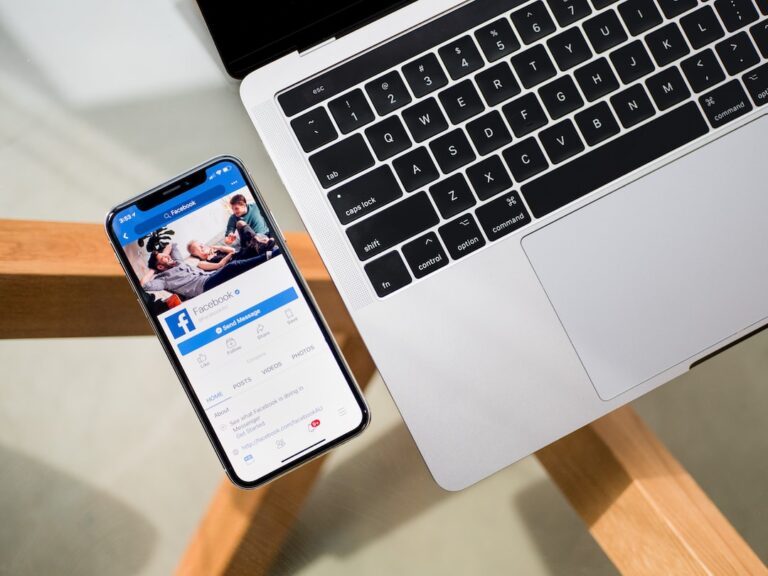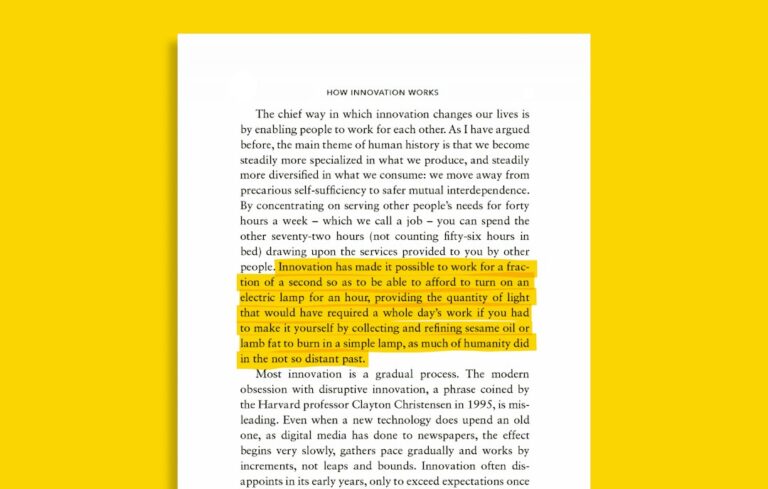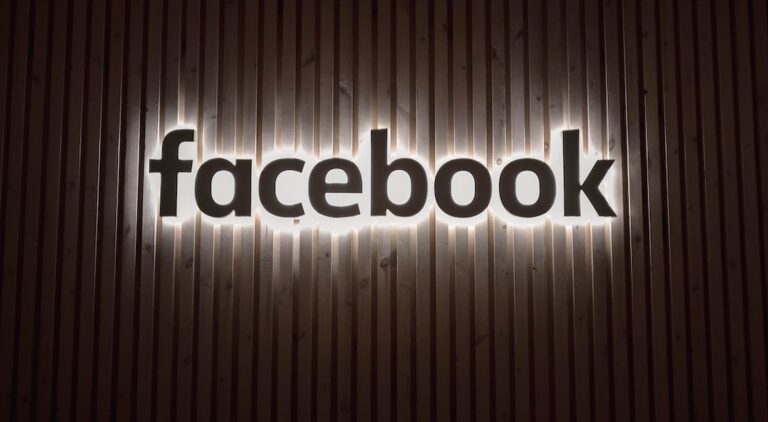In recent years, online dating and social media have become increasingly popular ways for people to connect and form relationships. The rise of these platforms has revolutionized the dating landscape, making it easier than ever to meet new people and find potential partners. Online dating websites and apps have made it possible to browse through thousands of profiles and connect with individuals who share similar interests and values. Similarly, social media platforms like Facebook, Instagram, and Twitter have provided a space for people to showcase their lives and connect with others on a more personal level.
According to recent statistics, online dating has become a mainstream way for people to meet their partners. In fact, a study conducted by the Pew Research Center found that 30% of adults in the United States have used an online dating site or app. This number has steadily increased over the years, indicating the growing popularity of online dating. Additionally, social media usage has skyrocketed in recent years, with platforms like Facebook boasting over 2.8 billion monthly active users. These statistics highlight the significant role that online dating and social media play in modern society.
Key Takeaways
- Online dating and social media have become increasingly popular in recent years.
- Facebook deleted the author’s dating profile, highlighting the impact of social media on dating.
- Online dating has its pros and cons, including convenience and potential risks.
- Privacy settings on social media are important for protecting personal information.
- Sharing too much personal information online can lead to risks such as catfishing and scams.
The Story of Facebook Deleting My Dating Profile
Recently, I had a personal experience that shed light on the potential pitfalls of using social media for dating purposes. I had created a dating profile on Facebook, hoping to meet new people and potentially find a romantic connection. However, to my surprise, my profile was suddenly deleted by Facebook without any explanation or warning.
Upon further investigation, I discovered that Facebook has strict guidelines when it comes to dating profiles. They have implemented measures to prevent fake profiles and ensure the safety of their users. While I understood the need for these precautions, it was frustrating to have my profile deleted without any explanation or opportunity to rectify any potential issues.
The Impact of Social Media on Dating
Social media has undoubtedly changed the dating landscape in numerous ways. It has made it easier for people to connect with others and form relationships, but it has also introduced new challenges and complexities. One of the most significant impacts of social media on dating is the ability to initiate and maintain relationships online.
In the past, meeting someone new often required face-to-face interactions or introductions through mutual friends. However, with the advent of social media, it has become common for people to connect with others online before meeting in person. This can be both a positive and negative aspect of modern dating. On one hand, it allows individuals to get to know each other and establish a connection before meeting face-to-face. On the other hand, it can also lead to misrepresentation and false expectations.
Furthermore, social media has also changed the way relationships are maintained. Couples can now communicate through messaging apps, share photos and updates on their lives, and even plan dates through social media platforms. While this can be convenient and help couples stay connected, it can also lead to issues such as jealousy, insecurity, and the blurring of boundaries between personal and public life.
The Pros and Cons of Online Dating
| Pros | Cons |
|---|---|
| Convenient and accessible | Can be time-consuming |
| Allows for a wider pool of potential partners | May lead to dishonesty and misrepresentation |
| Can help people with busy schedules or social anxiety | May lead to disappointment or frustration |
| Can provide a platform for people with niche interests or preferences | May be addictive or lead to a lack of commitment |
| Can lead to successful and fulfilling relationships | May be unsafe or lead to dangerous situations |
Online dating offers numerous advantages for those looking to meet new people and potentially find a romantic partner. One of the main advantages is the sheer number of options available. Online dating platforms allow users to browse through thousands of profiles, increasing the chances of finding someone who shares similar interests and values. This can be especially beneficial for individuals who live in rural areas or have limited opportunities to meet new people in their daily lives.
Additionally, online dating provides a level of convenience that traditional dating methods cannot match. Users can access dating apps and websites from the comfort of their own homes, eliminating the need for awkward first encounters or wasted time on incompatible matches. Online dating also allows individuals to take their time getting to know someone before meeting in person, reducing the pressure and anxiety often associated with traditional dating.
However, online dating also has its drawbacks. One of the main disadvantages is the potential for misrepresentation and deception. It is not uncommon for individuals to create fake profiles or exaggerate their qualities in order to attract more attention. This can lead to disappointment and frustration when meeting someone in person who does not match their online persona. Additionally, online dating can be time-consuming and overwhelming, with users constantly swiping through profiles and engaging in conversations that may not lead to meaningful connections.
The Importance of Privacy Settings on Social Media
With the increasing popularity of social media, it is crucial to understand how to adjust privacy settings to protect personal information. Social media platforms often collect a vast amount of data about their users, including their likes, interests, and even location. This information can be used for targeted advertising or even shared with third parties without the user’s knowledge.
To protect personal information on social media, it is essential to review and adjust privacy settings regularly. Most platforms offer options to control who can see your posts, photos, and personal information. Users should take advantage of these settings to ensure that only trusted individuals have access to their personal information.
Additionally, it is important to be cautious about the information shared on social media. Oversharing personal details can put individuals at risk of identity theft or even physical harm. It is advisable to avoid posting sensitive information such as full names, addresses, or phone numbers on public platforms.
The Risks of Sharing Personal Information Online

Sharing personal information online can have serious consequences. One of the main risks is the potential for identity theft. Cybercriminals can use personal information such as full names, addresses, and phone numbers to commit fraud or gain unauthorized access to accounts. It is crucial to be cautious about the information shared online and only provide it to trusted individuals or secure platforms.
Another risk of sharing personal information online is the potential for stalking or harassment. Social media platforms provide a wealth of information about individuals, including their likes, interests, and even location. This information can be used by malicious individuals to track and target individuals. It is important to be mindful of the information shared online and adjust privacy settings accordingly.
Furthermore, sharing personal information online can also lead to reputational damage. Employers and potential partners often search for individuals on social media platforms to gain insight into their lives and character. Inappropriate or compromising content can have serious consequences and impact personal and professional relationships.
The Role of Social Media in Modern Relationships
Social media has become an integral part of modern relationships, with couples using platforms like Facebook, Instagram, and Twitter to communicate, share photos, and stay connected. While social media can enhance relationships by providing a space for couples to express their love and affection publicly, it can also introduce challenges and conflicts.
One of the main advantages of using social media in relationships is the ability to stay connected and share experiences. Couples can communicate through messaging apps, share photos and updates on their lives, and even plan dates through social media platforms. This can help maintain a sense of closeness and intimacy, especially in long-distance relationships.
However, social media can also lead to jealousy, insecurity, and the blurring of boundaries between personal and public life. Seeing photos or posts from an ex-partner or witnessing flirtatious interactions with others can trigger feelings of jealousy and insecurity. Additionally, the pressure to present a perfect image on social media can lead to unrealistic expectations and dissatisfaction in relationships.
The Dangers of Catfishing and Online Scams
One of the most significant risks of online dating is the potential for catfishing and online scams. Catfishing refers to the act of creating a fake online persona to deceive others, often for romantic or financial gain. This can lead to emotional distress, financial loss, and even physical harm.
To avoid falling victim to catfishing, it is important to be vigilant and skeptical when interacting with individuals online. Look for inconsistencies in their stories or behavior, and be cautious about sharing personal information or sending money to someone you have not met in person.
Online scams are another common danger of online dating. Scammers often target vulnerable individuals, using emotional manipulation and deception to gain their trust and ultimately steal their money. It is crucial to be cautious when interacting with individuals online and to report any suspicious activity to the dating platform or authorities.
How to Protect Yourself While Dating Online
While online dating can be a fun and exciting way to meet new people, it is important to prioritize safety and protect yourself from potential risks. Here are some tips for staying safe while dating online:
1. Use reputable dating platforms: Stick to well-known and reputable dating websites and apps that have measures in place to verify user profiles and protect user information.
2. Trust your instincts: If something feels off or too good to be true, trust your gut instinct and proceed with caution.
3. Take your time: Avoid rushing into a relationship or sharing personal information too quickly. Take the time to get to know someone before meeting in person or sharing sensitive information.
4. Meet in a public place: When meeting someone for the first time, choose a public location and let a friend or family member know where you will be.
5. Conduct a background check: Before meeting someone in person, consider conducting a background check to ensure they are who they claim to be.
6. Be cautious about sharing personal information: Avoid sharing sensitive information such as full names, addresses, or phone numbers until you have established trust with the individual.
7. Report suspicious activity: If you encounter any suspicious activity or individuals, report it to the dating platform or authorities.
Lessons Learned from My Experience with Facebook and Online Dating
My experience with Facebook deleting my dating profile highlighted the potential pitfalls of using social media for dating purposes. While online dating and social media offer numerous advantages, it is crucial to be aware of the risks and take steps to protect oneself. Adjusting privacy settings, being cautious about sharing personal information, and staying vigilant for red flags are essential in navigating the world of online dating.
Ultimately, online dating and social media have revolutionized the way people connect and form relationships. They have made it easier than ever to meet new people and find potential partners. However, it is important to approach these platforms with caution and prioritize safety. By being mindful of the risks and taking steps to protect oneself, individuals can navigate the world of online dating and social media with confidence.
If you’re feeling frustrated about Facebook deleting your dating profile, you might find solace in exploring the concept of ikigai. In a thought-provoking article titled “Find Your Reason for Living: Ikigai Breakdown,” learnbyscript.com delves into the Japanese philosophy of finding purpose and fulfillment in life. Discover how understanding your passions, talents, and what the world needs can help you navigate through setbacks and find a sense of direction. So, while Facebook may have disrupted your dating journey, this article offers a fresh perspective on finding meaning beyond social media platforms. Read more here.
FAQs
What is Facebook?
Facebook is a social media platform that allows users to connect with friends and family, share photos and videos, and join groups and communities.
What is a dating profile on Facebook?
A dating profile on Facebook is a feature that allows users to create a separate profile specifically for dating purposes. It includes information such as relationship status, interests, and photos.
Why would Facebook delete a dating profile?
Facebook may delete a dating profile if it violates their community standards or terms of service. This could include inappropriate content, fake or misleading information, or suspicious activity.
What should I do if my Facebook dating profile is deleted?
If your Facebook dating profile is deleted, you can try to appeal the decision by contacting Facebook support. However, it is important to review their community standards and terms of service to ensure that your profile complies with their guidelines.
Can I create a new dating profile on Facebook?
If your dating profile was deleted by Facebook, you may not be able to create a new one. It is important to review their guidelines and ensure that your profile complies with their standards to avoid future deletions.







